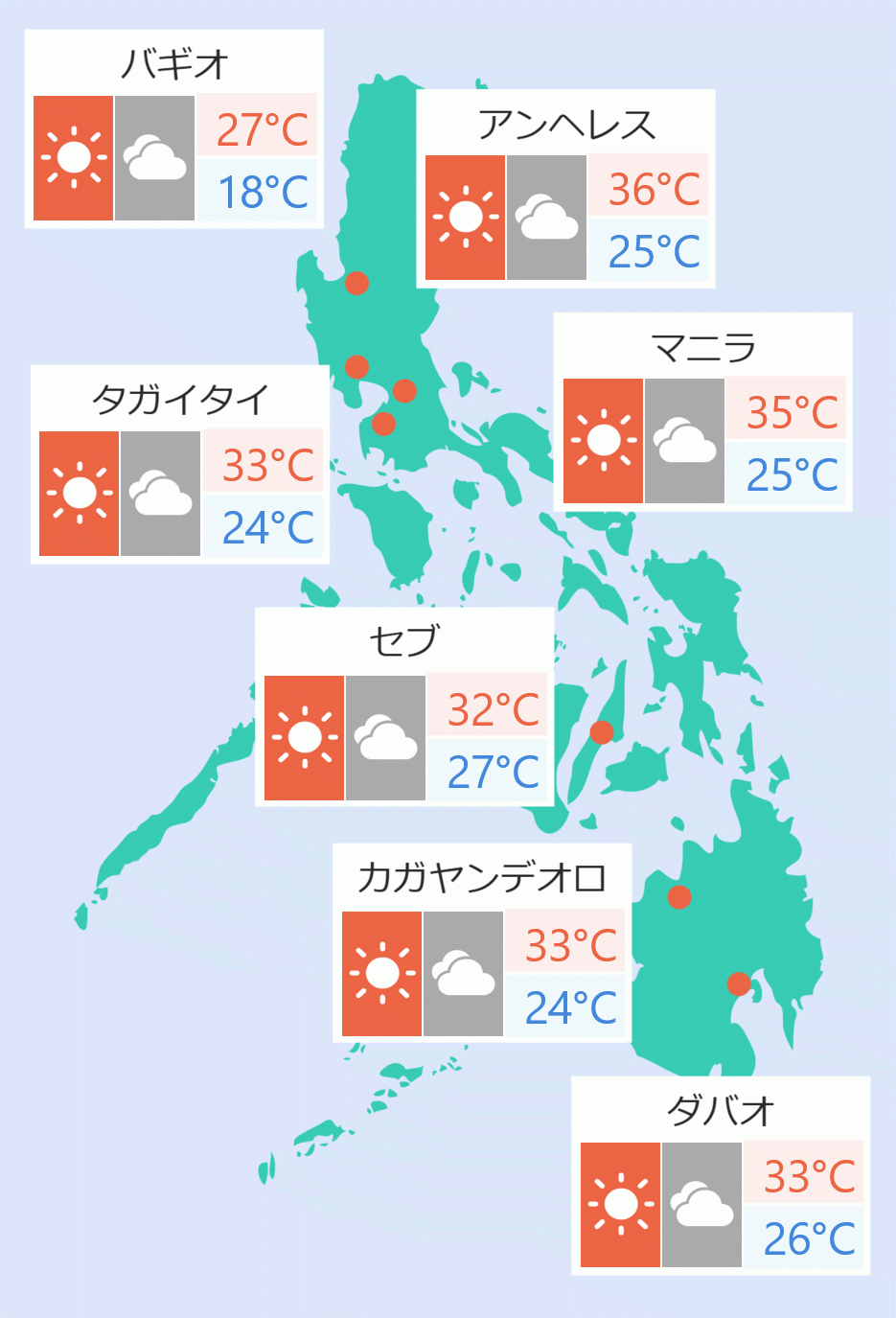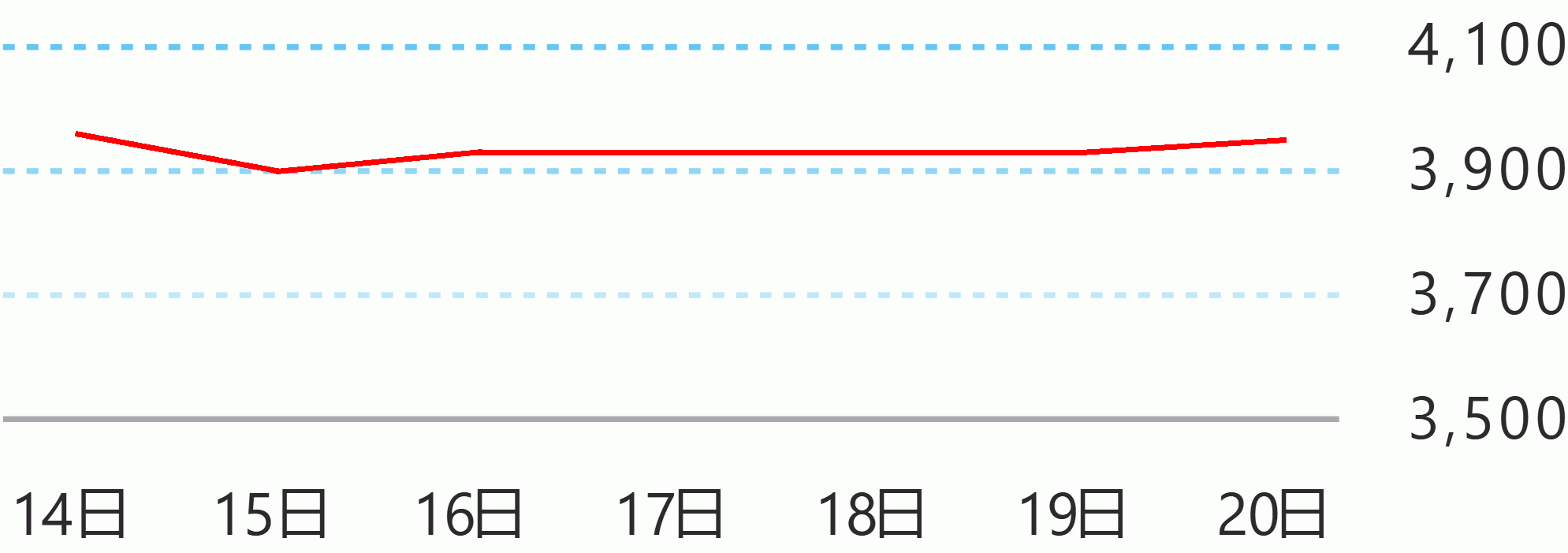Asian Development Bank (ADB) President Masatsugu Asakawa on Monday said that "the Russian invasion of Ukraine has posed a very serious risk to the economic outlook" of the region.
In his interview with international broadcast journalist Zeinab Badawi as part of the ADB 55th Annual Meeting, Asakawa emphasized there are "two kinds of risks, one is direct impact and the indirect impact."
"Direct impact through trade capital transactions with Russia and also remittance coming from Russia has been relatively limited for developing Asia as a whole except for a couple countries in Central Asia, Caucasus and Mongolia who have traditionally maintained a very close trade and economic linkage with the Russian Federation," he said.
"On the other hand, the indirect impact and indirect risk has been locked through very very steep price increases in food and energy. I am quite sure importers, import countries of food and energy will see this year's import bills are much, much more expensive than last year's which means adding inflationary pressure on the economy," he added.
Asakawa noted that "a number of central banks in this region have already started to raise policy interest rates to quell the inflation pressure which would add additional constraints on economic growth prospects of this region."
"And also indirect impact includes the deterioration of market sentiment which would depress consumers, producers and investors confidence. So, flight to safety and tighter financial conditions globally might spur some sort of capital outflow movement from this region," he said.
Asakawa said with the steep increase in food prices, the possible reduction of fertilizer supply by Russia would have a significant impact on the agriculture production of the region which has become a very serious concern in terms of food security.
Asakawa also noted three other possible downside risks to the economic outlook of the region which includes the "slowing down of China's economy due to the very stringent zero-COVID-19 policy", the "possibility of emergence of a more lethal COVID-19 variant" and the "instability in the financial market due to the very aggressive rapid monetary policy normalization by some advanced economy."
Asakawa noted that not only the energy and food crisis, but the COVID-19 threat is still there.
"We are not completely out of the woods yet, so we will continue to provide those budget financing, private sector financing and also vaccine financing in addition to the ordinary project financing as necessary," he said. Robina Asido/DMS





 English
English










